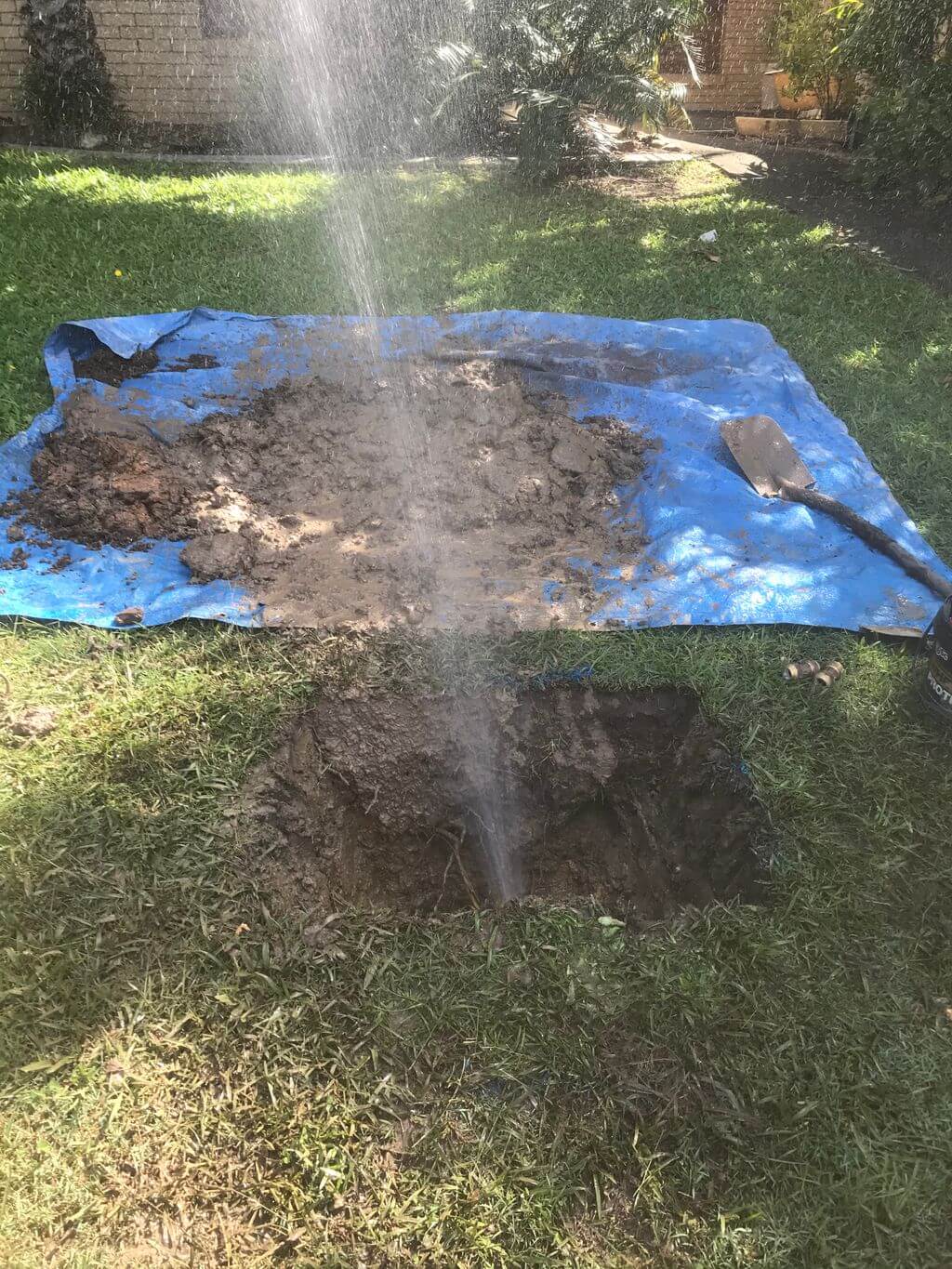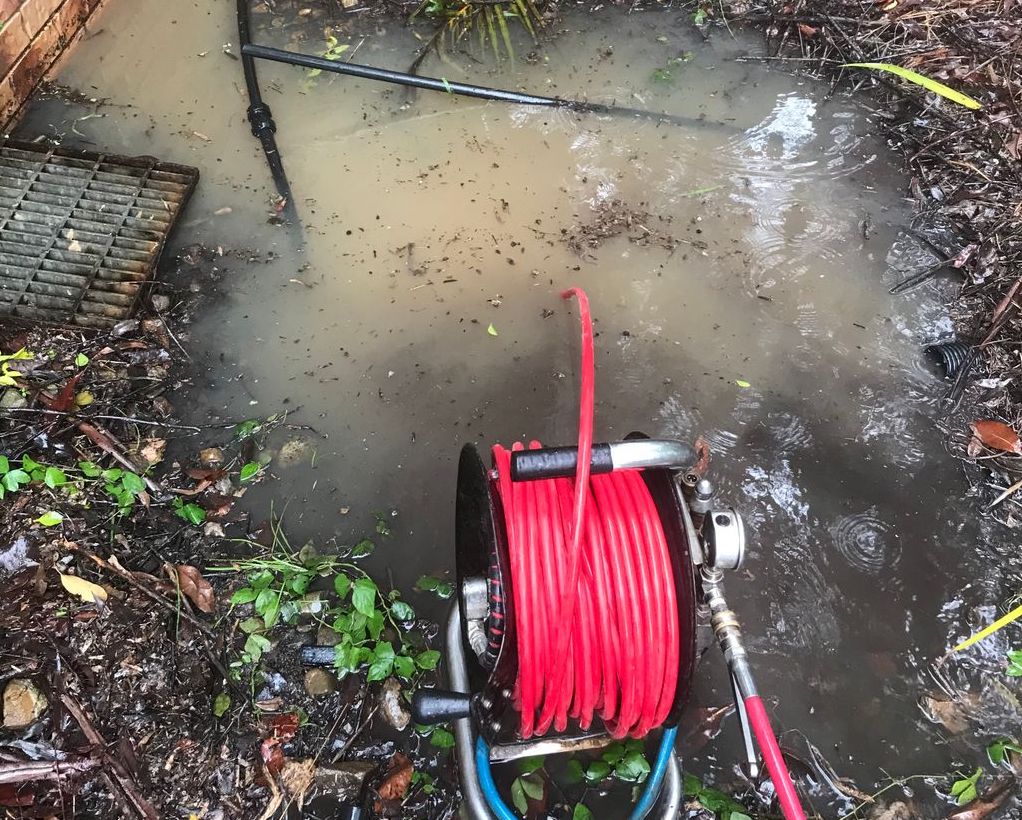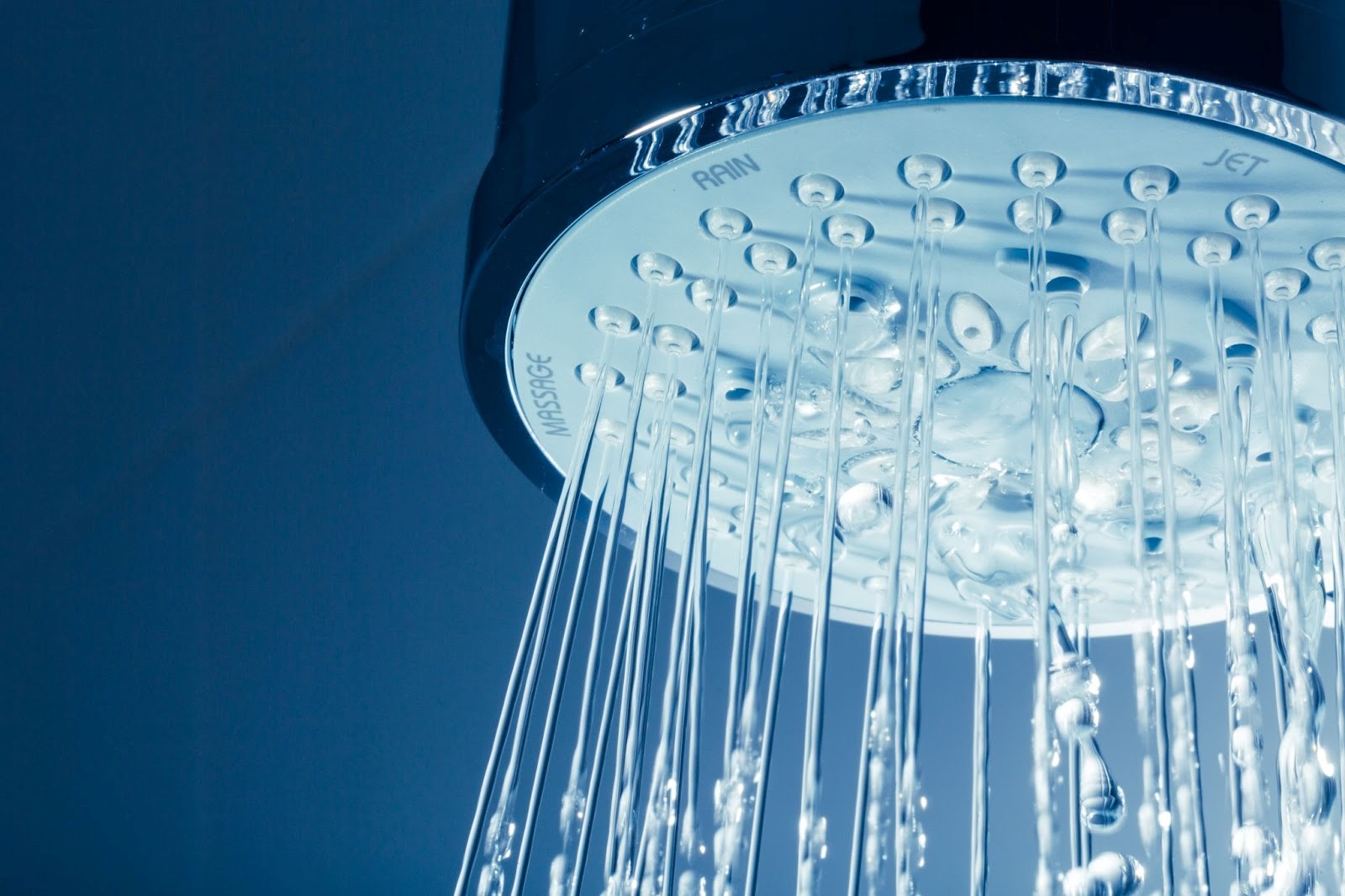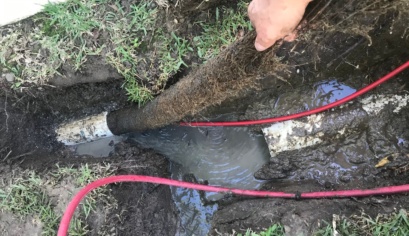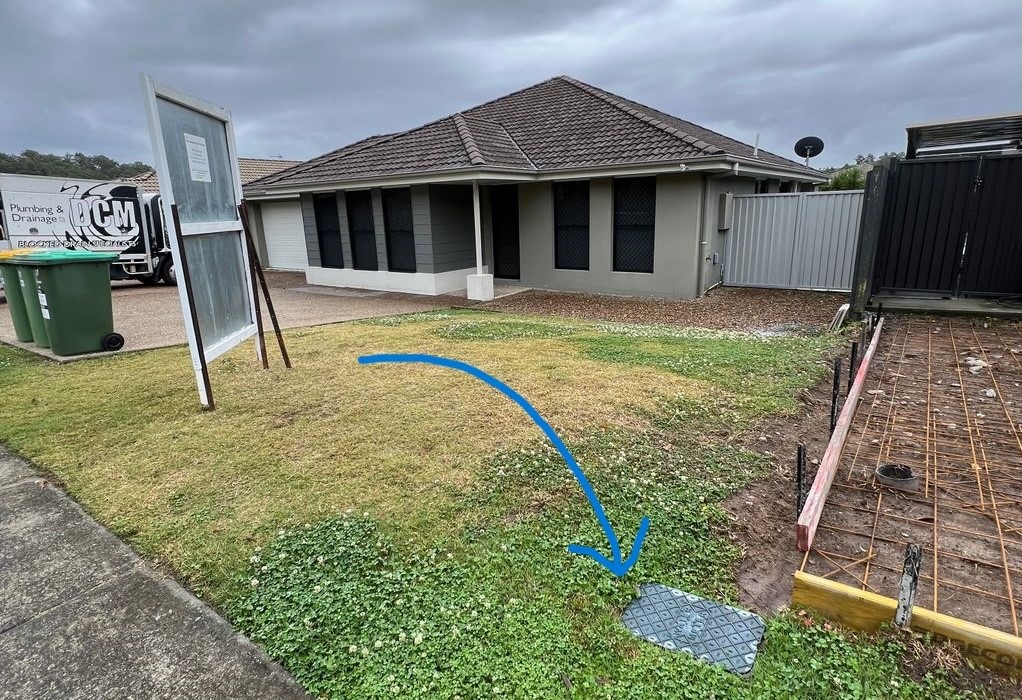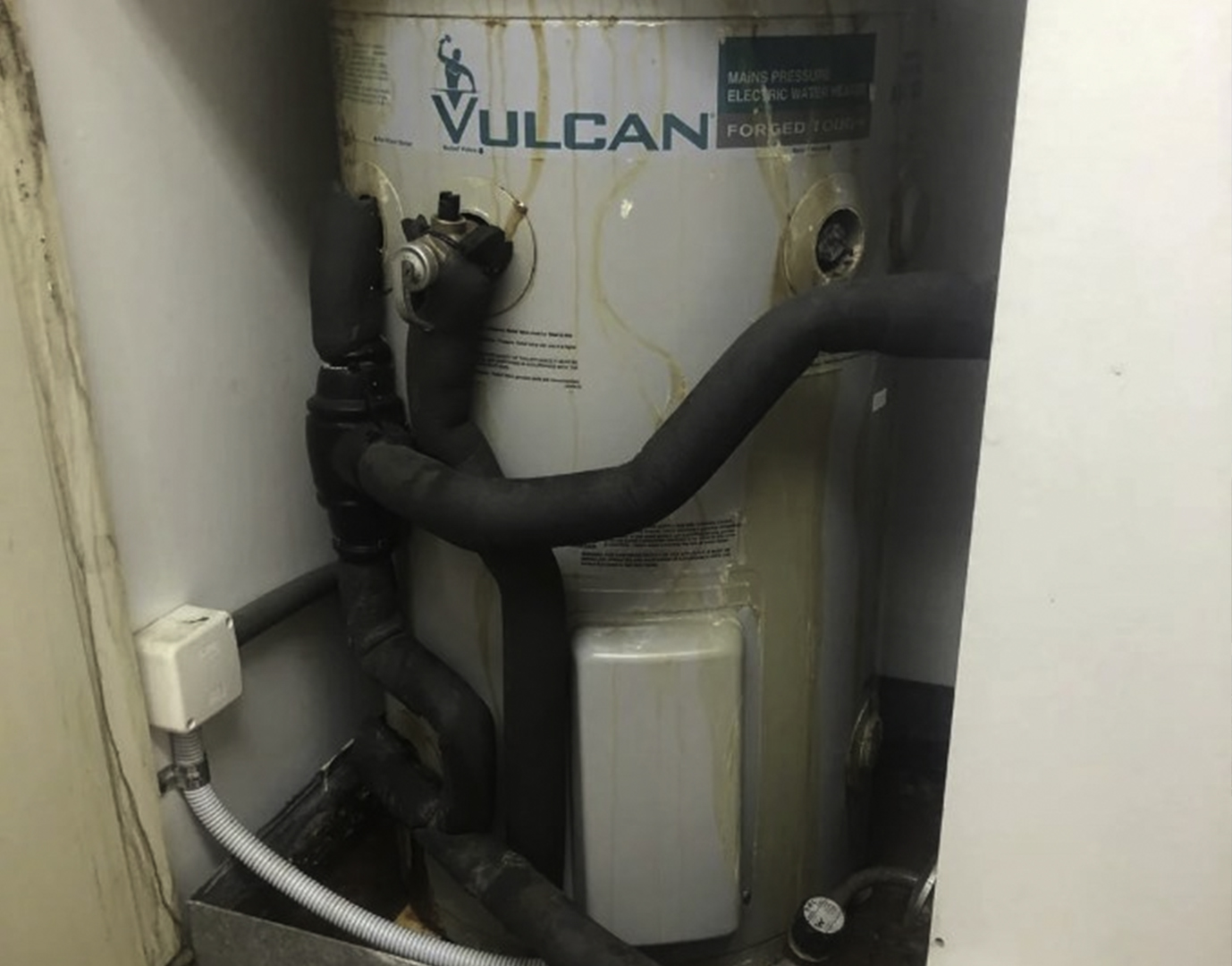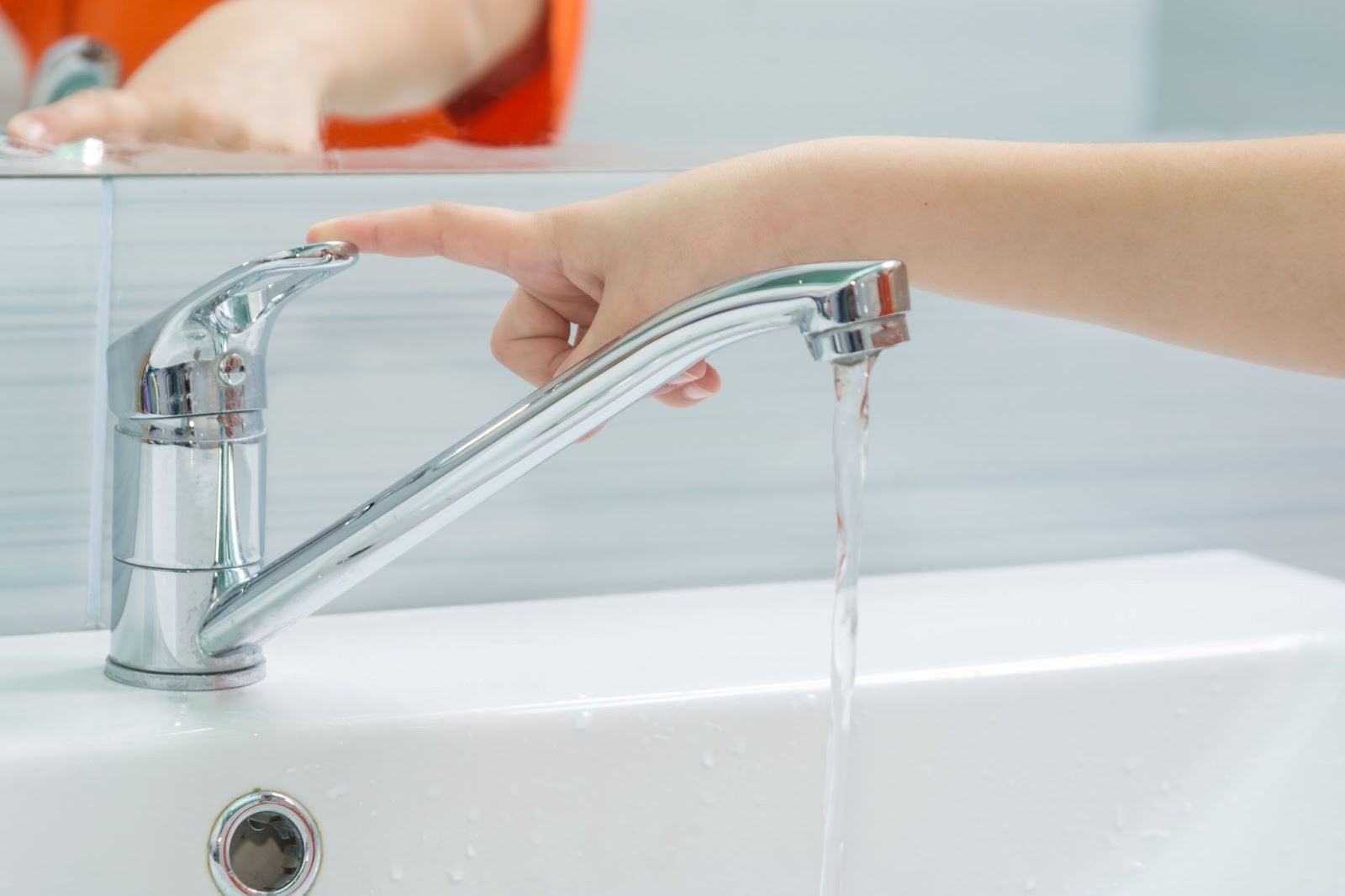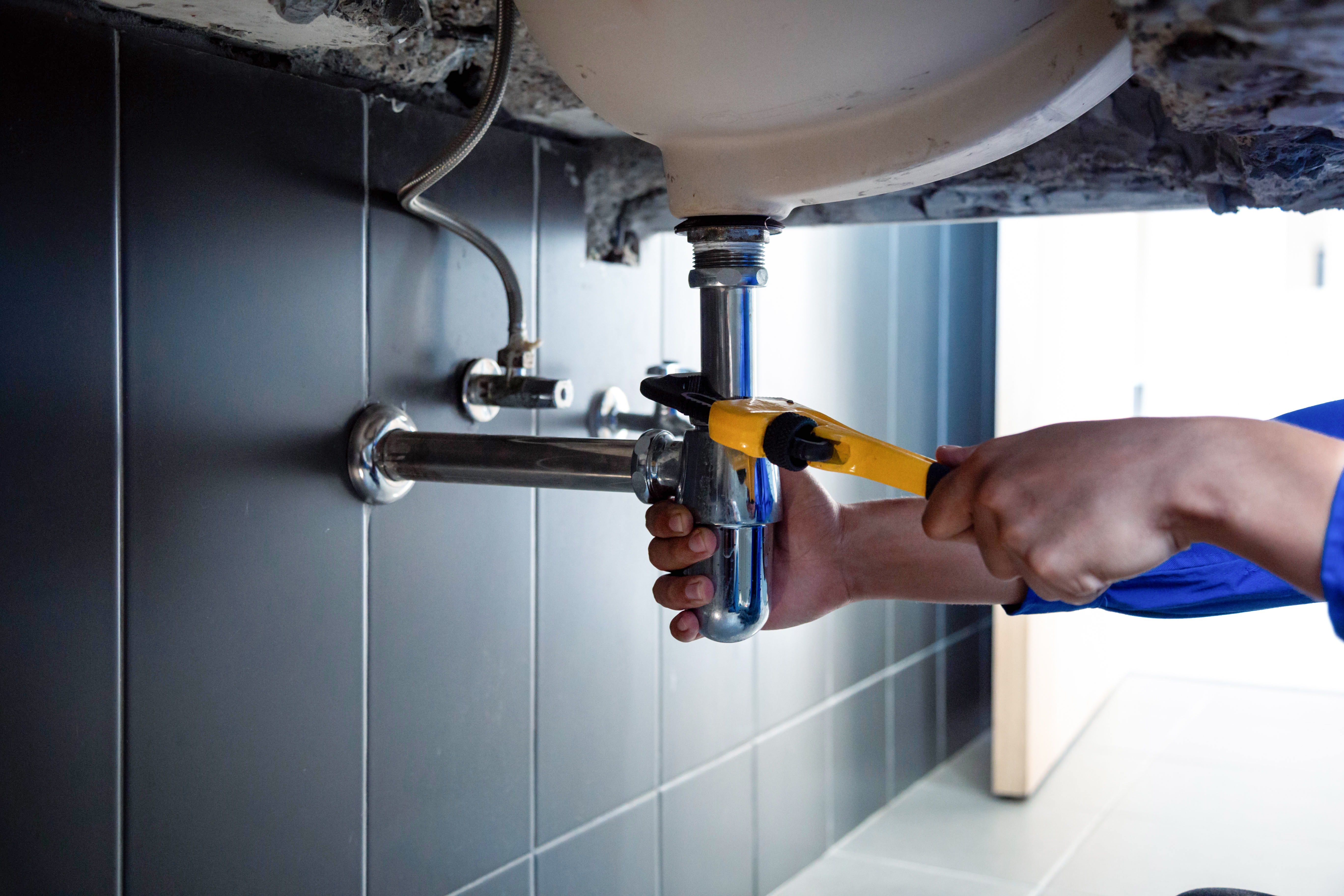In this article, we look at how to find a water leak underground.
Finding a water leak underground can be tricky. Often, you won’t know that you’ve got a leaking underground pipe until you get an unusually high water bill (we’re talking 50% more or even higher). That’s a lot of money! That being said, there are other signs that you can watch out for, such as water pooling in an area on your property.
Here’s a quick look at how to find a water leak underground:
- locate your water meter
- turn off all taps and any appliances that use water
- make a note of your water meter reading
- do not use water for at least one hour
- after an hour, take a new meter reading. If the number has changed you have a leak!
To find out what to do after, read on. We’ve previously talked about what causes a burst water pipe, but in this article, we are going to delve into the nitty-gritty of how to find an underground water leak. Not only will we show you a few simple tests to help you self-diagnose the problem at home, but we will walk you through how a professional plumber can help locate and identify the exact location of the leak and, in turn, fix the problem once and for all.
DCM Plumbing is the best plumber on the Gold Coast. We are available 24/7 for all your plumbing needs. With over 900 5* Google reviews and 35 years of experience, we are known as the best for a reason. Got a blocked drain? Need help with leak detection? Want to learn how to clear a blocked drain? We can help.
Signs of an Underground Leak
- Water pooling: If you notice water pooling in an area on your property, or just an area that is damp, it may indicate a leak in your underground water supply line.
- Look for cracked foundations and walkways: pipes are usually only located a few inches underground, so cracked foundations or walkways could indicate an underground water leak.
- Reduced water pressure: If you notice a decrease in water pressure in your home or building, it could be due to a leak in the water supply line, especially if the reduced pressure is isolated to one area or fixture.
- Unusually high water bills: If your water bill suddenly increases without any change in usage, it could be due to an underground leak.
How to Figure Out if You’ve Got a Burst Underground Pipe
Now, we’ll walk you through a few simple steps to help you determine whether or not you have a burst underground pipe.
Step one: locate your water meter
A water meter measures the amount of water entering your house. It is usually located in the nature strip outside your property, in a black or green box.
Bear in mind if you live in a complex with other units, apartments, or townhouses, there may not be an individual water meter for each dwelling. If you suspect a water leak in this situation, the best course of action is to contact body corporate or simply contact a professional plumber yourself.
Step two: turn off all taps and any appliances that use water
Be very thorough with this step; things like the freezer making ice can be enough to throw the readings off, so check everything.
Step three: make a note of your water meter reading
This will help you know the baseline at which you’re starting.
Step four: do not use any water for at least one hour
This includes flushing the toilet! Really be mindful of trying to keep the results as precise and reliable as possible. If you end up using any water before taking your second reading, simply start again from step two.
Step five: after one hour, take a new meter reading. If the number has changed, you have a leak
Once the hour has elapsed, and if you didn’t use any water during that period, it’s time for a second reading. Sadly, if the new reading is higher than the first, you have a leak. (Top tip: we recommend you perform this process regularly in order to catch leaks early and save you money in the long run – a burst underground pipe can be extremely expensive).
If you can’t find the location of the leak, then you should contact a professional plumber to get it diagnosed and fixed as soon as possible.
Causes of an Underground Water Leak
- Corrosion: Over time, pipes can corrode and develop holes, cracks, or leaks. Corrosion can be caused by a variety of factors, including age, water quality, and soil conditions.
- Physical damage: Pipes can be damaged by digging, excavation, or other physical activities in the vicinity of the water supply lines. This can cause cracks, punctures, or other types of damage.
- Shifting soil and tree roots: If the soil around the pipes shifts, it can put pressure on the pipes and cause them to crack or break.Tree roots can also rub against water mains and cause a hole
- Poor installation: If the water supply lines are not properly installed, they can develop leaks over time. This can be due to a variety of factors, including improper joint connections, incorrect pipe materials, or inadequate pipe bedding.
- Changes in weather and temperature: Although we don’t suffer from water supply pipes freezing in Queensland, it can be an issue in colder climates. General changes in weather and temperature can cause the ground to expand and contract, causing movement to the pipes, which can in turn lead to burst pipes.
How To Determine the Location of an Underground Leak
Different methods might be employed when determining the exact location of an underground leak. We always strive to use the least invasive approach. Whilst we can provide basic initial inspections, a professional leak specialist might need to be called in if the leak is hard to locate. Let’s take a look at a few leak detection methods:
Physically examining the plumbing
The first step we take when attempting to identify the exact location of a leak is to walk around the property and check all internal and external plumbing for any signs of a leak, such as dripping water, damp areas, and pools of water. If we cannot identify a leak like this, we will bring in a leak detection specialist who may use any of the following methods.
Gas injection method
This method involves adding pressurised gas into your pipes. The gas will then seep out at the leak location, and the leak specialist will use specialised equipment to detect traces of the gas. This should provide enough evidence of where the problem is located and is best for leaks occurring under hard materials such as concrete.
Acoustic leak detection
Leaks make noise, and with this technique, specialised equipment that can pick up faint sounds is used to determine the location of the leak.
As you can see, leak detection is no easy feat and can require some serious equipment and can cost a lot of money if left unattended. So if you suspect you’ve got a leaking pipe, contact us now.
Want the Best Way to Find a Leak Underground?
We provide leak detection services to the Gold Coast because we understand household leaks are more than just an inconvenience. A leak will increase your water bill by a huge amount unnecessarily.
So if you suspect you have a leak, don’t hesitate – contact us today.

